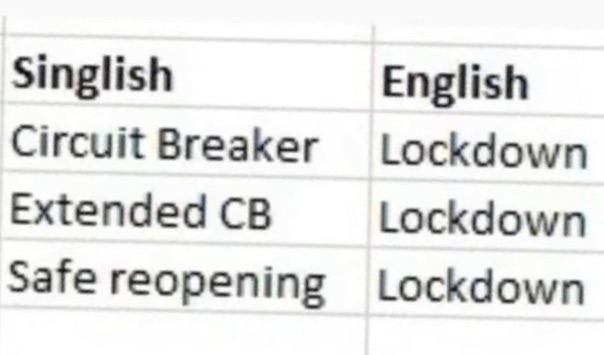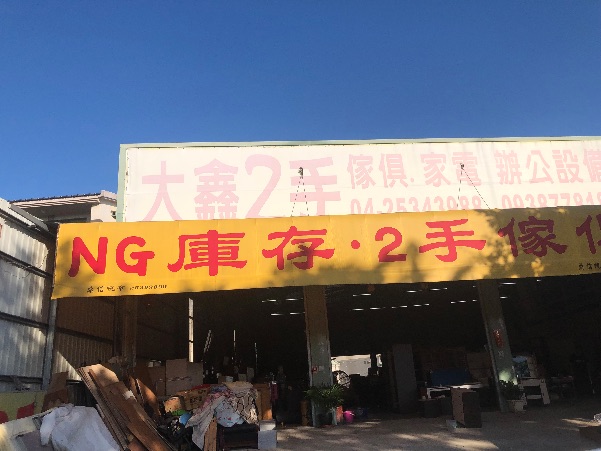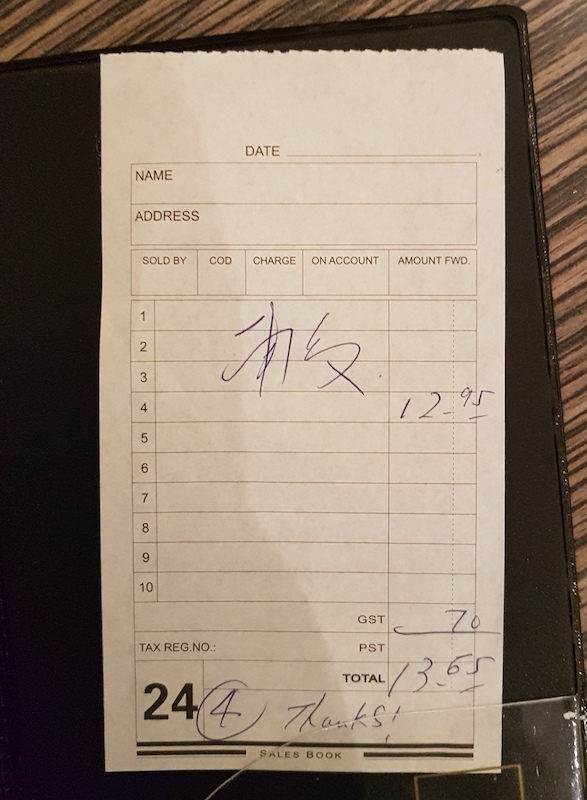Irasshaimase?
[This is a guest post by Nathan Hopson]
I never thought this day would come.
From convenience stores to high-end luxury retailers, the daily soundscape of Japan is punctuated by millions upon millions of calls of “Irassshaimase!” It’s a greeting so pervasive that it becomes one of the most searing impressions of the country for first-time tourists, and for those of us who live here long-term it’s hard to imagine Japan without it. But perhaps now we will have to. The unthinkable, it seems, has been thought.
Irasshaimase (いらっしゃいませ) is a formal imperative form. It comes from the root verb irassharu (いらっしゃる), a “polite” verb that can mean to come, go, or be. The simple imperative is irasshai (いらっしゃい), which, though more unusual these days, can still be stumbled upon if you escape some of the more formalized spaces of the mainstream bourgeois economy. Both irasshaimase and irasshai mean, more or less, “Come on over!” or “Come on in!” In its modern incarnation, used primarily to greet customers who have already entered a store or restaurant, the nuance of irasshaimase is closer to “Welcome!” Occasionally you’ll hear it paired with “Goyukkuri dōzo” (ごゆっくりどうぞ), in other words, “Please take your time.”
Read the rest of this entry »





